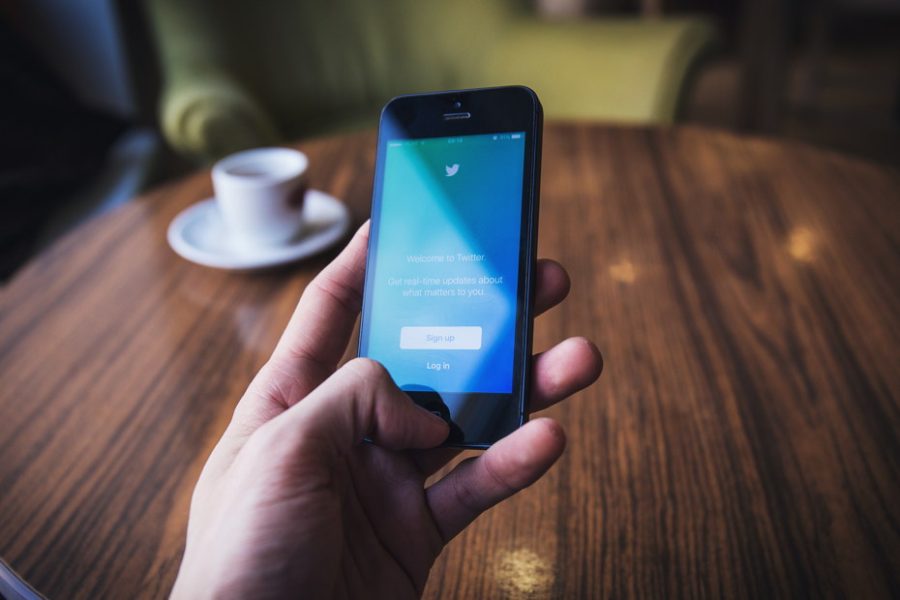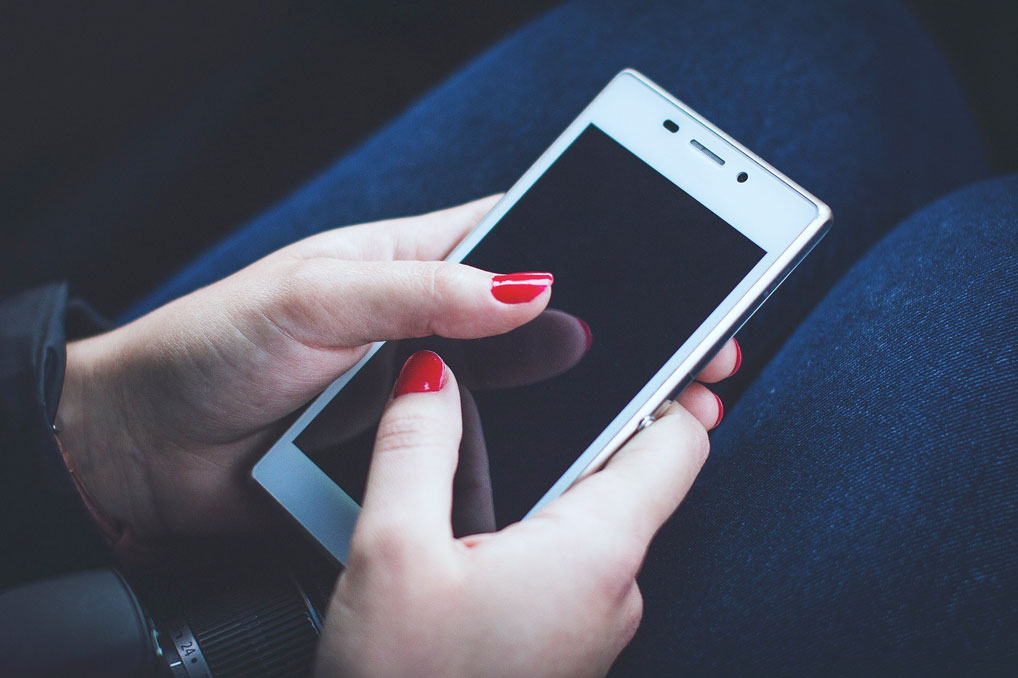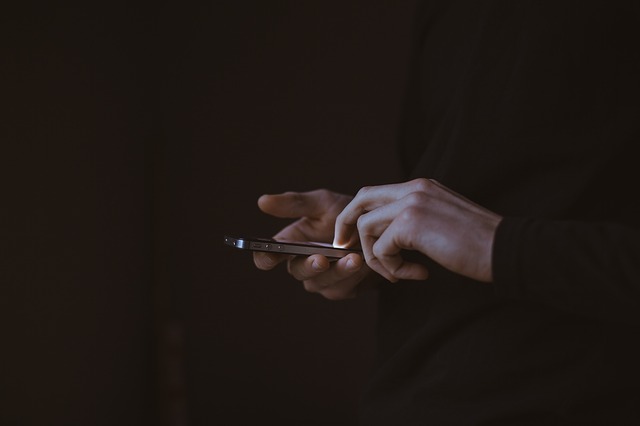5 Ways Social Media Can Destroy Your Indiana Car Accident Claim
It’s common knowledge: cell phones and driving don’t mix. There are entire campaigns devoted to stopping people from using their phones to text, tweet, or post while driving. But did you know that you still might hurt yourself if you use social media after you’ve been driving? Social media is open to the public. That makes it easy […]

May 2, 2011
It’s common knowledge: cell phones and driving don’t mix. There are entire campaigns devoted to stopping people from using their phones to text, tweet, or post while driving.
But did you know that you still might hurt yourself if you use social media after you’ve been driving?
Social media is open to the public. That makes it easy for someone trying to find information against you to do so—someone like a defendant trying to hurt your personal injury claim after an Indiana car accident.
It’s second nature to many Americans to tweet, livestream, blog, take pictures, or post about their lives. But the information you willingly put online can be used against you in court in your Indiana car accident claim.
Here are 5 different ways your social media use might hurt your Indiana car accident claim.
1. Keeping Your Social Media Accounts Public

If your social media accounts are public, there is nothing stopping the defendant from viewing your posts and gathering information to hurt your Indiana car accident claim. Even if you don’t post about the accident itself, other information can be used to hurt your claim.
For example: Suppose you and your friend live in an apartment on the sixth floor and the elevator is broken. She may take a picture of the two of you struggling up the stairs to make a joke about how she needs to hit the gym more often. Even if you don’t post the picture, your friend might, and she might tag you in it.
The defendant would be able to see you on the stairs and might take this joke out of context. They may try to argue that you’re not as injured as you claim to be because you climbed six flights of stairs.
2. Adding Suspicious Accounts

Even if your account is private, the defendant can create an undercover account to try to “friend” you or someone close to you. On Facebook, it’s easy to let suspicious friend requests sit in your inbox if you’re not sure about adding them. But on platforms like Twitter, where public accounts are more common in order to enable functions like retweets of your posts, you may be amassing followers you know nothing about.
It’s better to lose a little bit of the “social” aspect of your social media accounts and make them private until your injury claim is settled than it is to keep everything public and risk the defendant gathering information to hurt your claim. Make your accounts private, and don’t let anyone “friend” or follow you unless you know them.
Be on the lookout for duplicate accounts as well. The undercover account may use the image or name of one of your friends to try to gain access to your information. If you’re unsure whether or not someone is legitimately trying to follow you, text or call your friend in question just to double-check.
3. Posting Pictures About the Accident

It’s tempting to post pictures after a wreck. You may want to show people what you survived or to mourn the loss of a totaled vehicle. Maybe you want to notify all of your friends and family about what happened without having to call every single person individually and let them know that you’re okay.
But even if your account is private, your pictures may fall into the wrong hands. They are, legally, evidence. It’s better not to post any pictures than to risk them ending up in front of the defendant for them to use against you.
4. Commenting on the Accident

Even a sentiment as innocent as, “I’m really fine, don’t worry about it,” can hurt your Indiana car accident claim.
If a defendant sees you minimizing your injuries online—even if it’s just to calm the worries of a family member—the defendant can use your own words against you.
It’s also important not to admit fault. Even if the police report shows that you weren’t at fault, if you comment something like, “It was totally my fault. I was driving to Starbucks when I should have been studying in the first place,” the defendant might try to use your words against you to question who was really at fault.
In the same vein, if you post pictures or comment on the accident, you’re inviting other people to comment on the accident, and their words could be used against you as well. If your dad comments, “Oh, you’re fine! You bruise like a peach anyway. Shake it off,” the defendant might be able to argue that your injuries aren’t that serious. That’s why it’s best to keep any reference to the accident off of your social media accounts.
5. Deleting Posts

You may not know how damaging your social media posts could be to your Indiana car accident claim until you’ve already made them. Of course, your first instinct would be to delete any mention of the accident from your accounts. But that would be a big mistake.
Do not delete any posts you make about the accident. If you post about the accident and later delete it, that may be seen as destruction of evidence. You have to keep your posts up and simply hope they won’t be used against you.
That’s why we encourage people not to post in the first place. If you’re worried you may regret saying or sharing something, don’t say anything at all. Once it’s posted, it’s up for good.
Help from an Indiana Car Accident Lawyer
When you have complications with your personal injury claim, an Indiana car accident lawyer can help you to alleviate some of the stress and anxiety associated with filing a claim. In order to get back on track with your personal injury claim, download a copy of our FREE book, Consumer’s Guide for Injured Victims, and then contact a personal injury attorney at Hensley Legal Group for a free consultation.
Available 24/7
Free Case Review
You won’t pay any fees until we win your case.
It’s easy - you can: